College Interviews
The significance of semester one acacemic results cannot be overemphasised and College data are clear proof that students who fail to secure the expected credits and marks do so because of poor semester one results.
The College Director thus wishes to meet all College freshers and selected other students ahead of semester one examinations in order to discuss and review individual study plans.
The majority of these semester one interviews will take place during the week starting on January 9th and in the first half of the week starting on January 16th.
Updated Covid-19 Rules
On 31 December 2022 the Italian Ministry of Health has released updated Covid-19 rules. The rules, contained in Ministry of Health Circolare 51961 have reached College via the Office of the President of EDiSU and have been forwarded to all College members in Italian and Englsh. College students are requested to follow the new ruiles strictly and pay due attention to item (vi).
__________________________
Updated Covid-19 Rules. 31 December 2022.
(i) Students reporting a positive Covid-19 antigen test with modest or no clinical symptoms must isolate for 5 days nevertheless before resuming community life. It is recommended that they undergo a new antigen test on day 5 - although they are not obliged to do so under current rules. They may end isolation even before the 5th day if they present College with a negative test carried out by a certifying laboratory/chemist.
(ii) Students known to be immunodeficient or undergoing immunosuppressive treatment must isolate for a minimum 5 days after a positive antigen test, must be asymptomatic for at least 2 days before and must present a negative antigen or PCR test before resuming community life.
(iii) Students returning to Italy and College from the People's Republic of China and displaying a positive antigen test must follow rules listed under paragraph (ii).
(iv) Students of all categories at the end of self-isolation must wear FFP2-type face masks up to day from the onset of symptoms or the first positive antigen test - whichever the earliest. They must also avoid crowded environments and direct contact with College members deemed to be high-risk individuals.
(v) Students who come in contact with members of College subsequently reporting a positive antigen test must exert a self-surveillance and self-restraint regime, during which they wear FFP2-type face masks and avoid large gatherings for at least 5 days. They must also undertake an antigen test without delay if they develop symptoms, however mild.
(vi) Students with any history of Covid-related symptoms or positive testing must offer full and prompt notification and details to the College Director and the College Office.
Image: SARS-CoV-2 RNA-directed RNA polymerase, courtesy of the Protein Data Bank https://pdb101.rcsb.org/motm/249
__________________________
Modelling the Immune Sytem
On the 13h of December at 4.30 pm the Francesco Pappalardo from the Department of Drug and Health Sciences at the University of Catania will give a seminar in the College Lecture Theatre entitled Modelling cellular and molecular interactions within the immune system. The seminar will describe new computer-based approaches for modelling complex cellular and molecular networs and will exemplify its potential by modelling the immune network. The poster of the seminar ias available here.
Understanding complex cellular network and their underlying molecular networks is crucial in order to unravel the biology of multicellar organisms and the biology of disease proceses and there is increasing evidence that computer-modelling now has the potential to offer descriptions of these processes valuable for drug discovery. The seminar therefore will be of special interest to College students reading Medicine, Biology, Biotehnology and Pharmaceytical Sciences but all College students are warmly invited to atttend. Further information about the seminar, including an abstract and a short biographical sketch of the speaker, can be found at this page.
Image: An example of a molecular immune network. From Shilts J et al. Nature 608:397, 2022.
Modelling cellular and molecular interactions within the immune system
13 December 2022. Francesco Pappalardo Department of Drug and Health Sciences, University of Catania, Italy
Modelling cellular and molecular interactions within the immune system
On Tuesday the 13th December 2022 at 4.30 pm, Francesco Pappalardo of the Department of Drug and Health Sciences, at the University of Catania will give a seminar entitled Modelling cellular and molecular interactions within the immune system. The poster of the seminar is available here. All College students are invited to attend, especially students reading Medicine, Biological Sciences and Biotechnology
_____________________________________
Abstract
In Silico Medicine (the use of modelling and simulation in the support the clinical decision about individual patients) and in silico trials (the use of modelling and simulation in the assessment of new medical products) have the potential to revolutionise healthcare. The promises are enormous, but the risks associated to such radical departure from the traditional approaches is also considerable. Currently the journey of a new pharmacological product from the discovery of molecules until entering the market is very long and expensive. New interventions are first tested in vitro with cell cultures and then in vivo in animal models (usually two models are required to pass the approval of the regulatory bodies, the mouse being the most used one). Surprisingly, only 20% of the interventions that are successful in animals are then successful in patients during the most expensive phase of the assessment in clinical trials.The main target of biomedical world when dealing with the majority of pathologies is to understand its biological dynamics and to find a way to cure it. This heavily includes how cells and molecules of the immune system interacts each other to orchestrate a defense and how one can externally (and artificially) provide stimuli to eventually prepare human immune system in advance. Agent-based models (ABM for short) are computer models that attempt to capture the behaviour of individuals within an environment. Their wide usage in biomedicine environments is because they are more intuitive that mathematical or statistical models as they represent objects as individual things in the world. The most familiar examples to many people are The SIMs™ or SIMCity™ computer games in which people or other entities interact with each other and/or their environment. In biomedicine, ABM can be seen as in silico lab where one can capture the understanding of systems and, more fascinating, test “what if” scenarios. The lecture will provide a general introduction on what ABMs are and the main applications that involve their use in molecular and cellular modeling. In addition, a more detailed look at the biomedical applications is provided, with a special attention to immune system modelling. Finally, a very brief state of the art towards regulatory context of in silico trials is presented.
Biography
Francesco Pappalardo is Deputy Director of Department of Drug and Health Sciences, at University of Catania, Italy. He is involved in several multi-institutional funded projects in Europe and USA. He holds computer science professorship appointment at University of Catania and he is visiting professor at the Boston University and Health Informatics Research Lab, Computer Science Department, USA. In addition, he is the founder of the COMBINE research group (www.combine-group.org). Research activity of Francesco Pappalardo is focused on the application of computational models in the field of systems biomedicine. He is one of the pioneers of in silico trials, where he currently also deals with regulatory aspects with the European authorities. The most visible projects from his group are (1) scientific coordination of the “In Silico World” funded project with the aim of lowering barriers to ubiquitous adoption of In Silico Trials; (2) development of in silico trials framework for immunotoxicity risk assessment of chemicals evaluating the potential for unintended effects of chemical exposure on the immune system; (3) scientific coordination of the “STriTuVaD” project where an in silico trial computer model is being developed to drastically reduce the cost of innovation in tuberculosis care; (4) in silico vaccine developing for prompt actions against SARS-CoV-2; and (4) development of immune system in silico trial modeling and simulation suite to support specific research on immunotherapies. In addition, his group also specializes in molecular modeling and biological pathway analysis with specific interest in precision medicine. Professor Pappalardo has published more than 150 articles in international journals and conferences. He serves the scientific community as president and member of the program commissions for prestigious international conferences and is a member of editorial boards for major bioinformatics journals.
Image
A computer model of a network of dendritic cells. Courtesy of J Yu, St Jude Children's Research Hospital.
Gender Violence
On the 17th of November at 6.30 pm the College will host a seminar in the College Lecture Theatre entitled Preventing and contrasting gender-based violence. A conversation with the staff of Anti-violence Centre LiberaMente. The seminar is the second of a series of four meetings devoted to women's iissue and has been organised by Dunia Lisa Seck (African and Asian Studies) and Marianna Parise (Visual and Performing Arts) both at Collegio Golgi and it. The poster of the seminar ias available here.
Gender-based violence is pervasive and shows little or no evidence of abating. It includes simple threats, coercion, bodily harm and in a number of instances can lead to iviolent death. Although the occurrence and extent of gender-based violence varies signifcantly across different cultures and religions, it is clear that no society or social class is immune from this problem. Gender-based violence is unquestionably one of the commonest - if not the commonest - violation of human rights across the world.
College is grateful to Dunia and Marianna for sharing this seminar with the students of Collegio Volta an for bringing into focus the work of the local staff and volunteers of LiberaMente, a not-for profit agency commited to fight gender-based violence that has been active in Pavia for over 25 years.
All College students are warmly invited to atttend the seminar.
Image: Courtesy of Building and Wood Workers' International.
College Security
A serious incident has occurred at the EDiSU residential hall 'Paolo Borsellino' of the University of Turin during the night in which a female student has been attacked by a stranger who entered the residence. The student is currently in hospital and, based on a statement by Stefano Lo Russo, mayor of the city of Turin, the attacker is still on the loose.
The incident highlights the essential need for students' security, a problem particularly acute at Collegio A Volta a building fundamentally insecure and thus extremely vulnerable to intrusions and potential attacks by outsiders.
The College demands the full cooperation of its students to prevent strangers from entering the building through doors left open on the ground floor and will take any further and necessary measure in oder to enforce security and protect College students from falling victims of acts of violence by strangers.
Image: the Hall of Residence Paolo Borsellino at the University of Turin.
Library Support
Library support in College will start on Monday the 24ht of October and will be provided by College students Nicola Loizzo, Francesca Veneziani and Ines Shop who provide the service . Members of Volta are able to borrow books from the library by contacting the library service at this email address: This email address is being protected from spambots. You need JavaScript enabled to view it. and should return the book undamaged within the date specified at the start of the loan.
Any problem with access to the library service should be reported to the College director. The College thanks Nicola Loizzo, Francesca Veneziani and Ines Shopi for their work in support of the College library.
Image: the JTM Needham College library (photograph by former Volta undergraduate S Tondi).
Cancer Vaccines
On Tuesday the 18th October 2022 at 5.00 pm, Pier-Luigi Lollini of the Laboratory of Immunology and Biology of Metastasis at the University of Bologna will give a seminar entitled Vaccines for the prevention and therapy of mammary carcinomas. The development of preventive and therapeutic vaccines is a major area of cancer research.
The seminar will offer an insight into the field and will present recent research on vaccines for breast cancer. All College students are invited to attend, especially students reading Medicine, Biology and Biotechnology. The poster of the seminar is available here. The abstract of the seminar and a biographical sketch of the seminar speaker are available at this page.
Image
A three dimensional culture of mammary cancer cells. Courtesy of Kelvin Yip, Monash University.
Vaccines for the prevention and therapy of mammary carcinomas
18 October 2022. Pier-Luigi Lollini, Laboratory of Immunology and Biology of Metastasis, University of Bologna, Italy
Vaccines for the prevention and therapy of mammary carcinomas.
On Tuesday the 18th October 2022 at 5.00 pm, Pier-Luigi Lollini of the Laboratory of Immunology and Biology of Metastasis at the University of Bologna will give a seminar entitled Vaccines for the prevention and therapy of mammary carcinomas. The poster of the seminar is available here.
All College students are invited to attend, especially students reading Medicine, Biological Sciences and Biotechnology
_____________________________________
Abstract
The immune system effectively prevents tumor onset, and immunodeficiencies predispose to cancer. Unfortunately, a functional immune system is not 100% efficient in preventing either infections or tumors. However, the correlation between immune suppression and excessive cancer risk suggests that immune stimulation could prevent tumor onset, or at least reduce the risk. In humans, cancer immunoprevention is already operative at the population level, in the form of vaccines against oncogenic viruses. The hepatitis B vaccine reduces by two-thirds the risk of hepatocellular carcinoma, and papilloma virus (HPV) vaccines prevent the development of cervical carcinoma. Widespread adoption of the HPV vaccine could lead, for the first time in human history, to the disappearance of a deadly cancer, just as vaccination eradicated smallpox in the past. Is immunoprevention also applicable to the vast majority (>80%) of human tumors, not related to oncogenic viruses? Preclinical studies performed in my Laboratory, and in many others throughout the world, demonstrated that immunological stimuli do indeed prevent tumor onset. Studies in HER-2 transgenic mice, which are prone to mammary carcinogenesis, showed that vaccination of young, healthy mice with cells or DNA encoding HER-2, coupled with potent biological adjuvants, could completely prevent tumor onset later in life. Immunity from mammary carcinoma was regulated by T cell cytokines and effected by anti-HER-2 antibodies. The fact that HER-2 is an oncoantigen, i.e. an antigenic molecule causally involved in carcinogenesis, was a key element in determining long-term immunoprevention. Clinical development of cancer immunoprevention depends on the discovery of suitable oncoantigens in high-risk individuals, such as HER-2 itself, which is frequently amplified in breast cancers of Li-Fraumeni carriers. MUC-1, a cell surface mucin aberrantly expressed in colorectal carcinoma, is the target of early clinical studies that are paving the way to human cancer immunoprevention.
Biography
Personal data Lollini, Pier-Luigi Born in Bologna, Italy, July 3rd, 1956. Citizenship: Italian.
Address Laboratory of Immunology and Biology of Metastasis Department of Experimental, Diagnostic and Specialty Medicine Viale Filopanti 22, 40126 Bologna, Italy Phone +39051-209-4786 - Fax: +39051-242-169 E-mail: This email address is being protected from spambots. You need JavaScript enabled to view it. - Web: www.lollini.it
Present position Professor of General Pathology, University of Bologna, Italy.
Education and Training 1980 - MSc in Biology, University of Bologna, Italy., 1987 - Ph.D. in Oncology (experimental), University of Bologna, Italy.
Positions 1980-88 - Postdoctoral fellow, Istituto of Cancer Research (University of Bologna, Italy). Fellowships from Italian Ministry for Education, "Anna Villa Rusconi" Foundation, Istituto Oncologico Romagnolo, Italy.
1988-92 - Research Assistant, Biotechnology Satellite Unit of Bologna, National Cancer Institute, Genova, Italy.
1992-2001 - Associate Professor of Oncology, University of Bologna, Italy.
2001-present - Full Professor of General Pathology, University of Bologna, Italy
Appointments 1998-2000 - Director, Institute of Cancer Research, University of Bologna, Italy.
1998-2003 - Member of the Grants Committee for Medical Sciences, University of Bologna. 1999-2004 - Deputy-Director, Interdepartmental Center for Cancer Research, University of Bologna, Italy.
2001-2003 and 2006-2015 - Member of the Technical-Scientific Committee, Italian Association for Cancer Research (AIRC), the major Italian charity for cancer research. 2001-2005 - Board of Directors, Italian Society of Cancerology.
2004-2007 - Director, Interdepartmental Center for Cancer Research, University of Bologna, Italy.
2009-2020 – Member of the Emilia Romagna Regional Committee, Italian Association for Cancer Research (AIRC).
2014-2020 - Director, Ph.D. Program in Oncology, Hematology and Pathology, University of Bologna.
2016-2019 - Member of the Scientific Advisory Board of the Italian Association for Cancer Research (AIRC).
2016-present – Member of the European Academy of Tumor Immunology (EATI).
College Landscaping
College is pleased to announce funding for the implementation of a major landscaping project.
Volta is fortunate to have sizeable grounds but these need investment and development in order to provide valuable use and enjoyment to students and visitors. The landscaping project will be implemented in 4 stages outlined schematically in this brief document. The whole project will be completed in 2-3 years depending on the timining of future funds for stages 2-4. Stage 1 - involving primarily the two central courts - will be implemented this autumn.
More...
College Gutters
College is pleased to report funding for the installation of anti bird spikes in the gutters. This will prevent birds from building nests in the gutters with consequent water stagnation that has caused major damage to student's rooms on the top floor and additional damage to the external walls.
This project has a long history. It has been advocated and detailed in successive yearly reports and development plans and its implementation is testimony to College resilience and planning.
VSU Committee
The new Volta Students Union (VSU) Committee (Comitato Alunni in EDiSU vocabulary) has been elected on Tuesday the 11th of October.
Nominations were received by the College Director by Friday 7th. The list of candidates was published on Saturday 8th and candidates discussed their ideas in a General Assembly at 6.00 pm on Monday 10th in the College Lecture Theatre. Voting has taken place on Tuesday 11th from 8.00 am to 6.00 pm and yielded the following results:
Undergraduates
Sladjana Ajdinovic, Scienze Politiche e delle Relazioni Internazionali, year 2 (2 votes)
Giorgia Fontana, Medicina e Chirurgia, year 3 (15 votes)
Francesco Zambrini, Medicine and Surgery, year 3 (22 votes)
Postgraduates
Francesco Arena, Biologia Sperimentale e Applicata, year 1 (5 votes)
Arianna Armanetti, Scienze Fisiche, year 2 (4 votes)
Carmen Cardone, Electronic Engineering, year 1 (5 votes)
Student's representation and contribution to College life and development are taken in the highest regard at Volta and College is concerned by the low voter turnout (29.3%) in this post-Covid election. A range actions will be discussed and taken - jointly with the newly electd members of the VSU Committee - in order to enhance discussion and participation in College life.
College Concert
On the 5th of October at 9.00 pm the Associazione Coro Facoltà di Musicologia - APS will give a concert in Aula del Quattrocento (Pz Leonardo da Vinci, Pavia) to mark the opening of the new academic year at Volta. The distinguished choir, directed by Giovanni Cestino, will perform traditional songs as well new work - Novecento - written by composer Mauro Zuccante for texts of major twentieth century Italian poets (Pier Paolo Pasolini, Giovanni Pascoli, Aldo Palazzeschi, Diego Valeri, Giuseppe Ungaretti, Trilussa, Dino Campana, Vincenzo Cardarelli, David Maria Turoldo and Pierluigi Cappello). This will be the first performance of this work in Italy and Mauro Zuccante will be in attendance. The concert therefore will consitute a splendid opportunity to reunite members of Volta with musical work after years of absence caused by the Covid pandemic.
All College students are warnly invited to attend. The poster of the concert is available here.
Image
A group photograph of Associazione Coro Facoltà di Musicologia - APS.
College Assembly
On the 3rd of October at 5.00 pm the College will hold the traditional General Assembly that opens the new academic year at Volta. The event offers an insight into College life to Volta freshers and constitutes an opportunity to reflect on the work achieved in the previous academic year, the tasks and goals of the new academic year and College development in general. Francesco Rigano, professor of Constitutional Law at the University of Pavia and President of EDiSU, the College governing body, will attend and address the assembly. All students are warmly invited to join. The poster of the assembly is avaialble here.
Image
A typical Volta Assembly in the College lecture theatre from previous years.
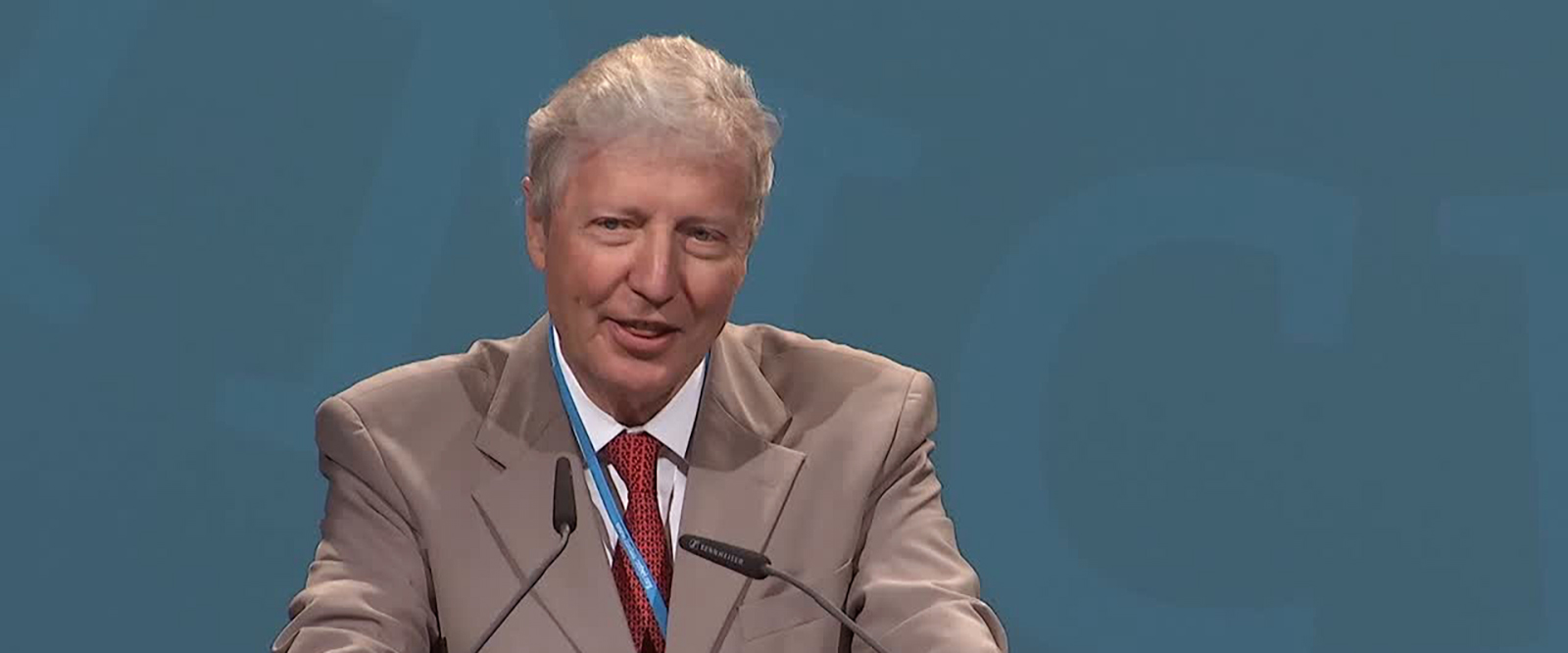
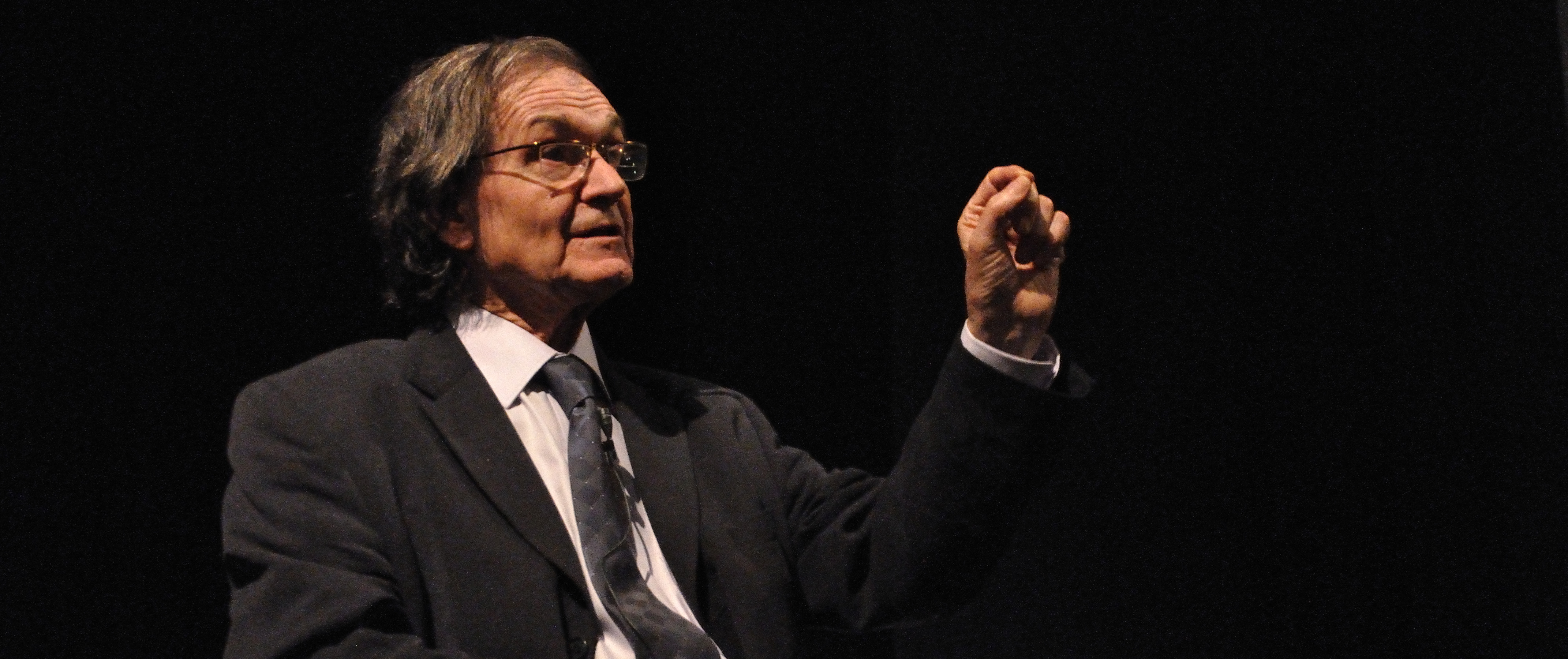
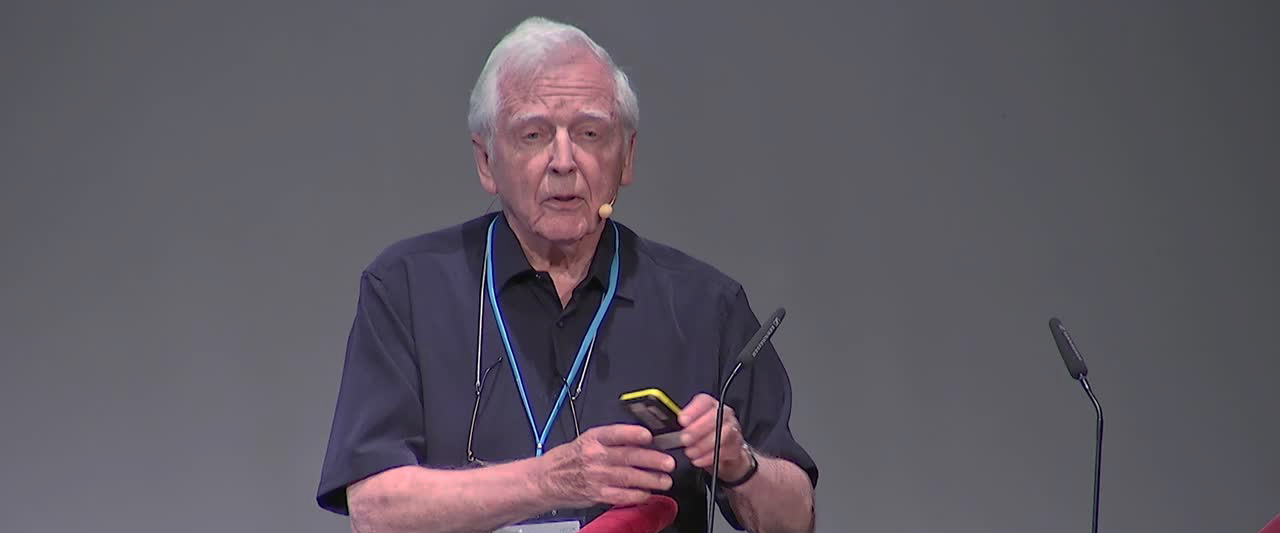
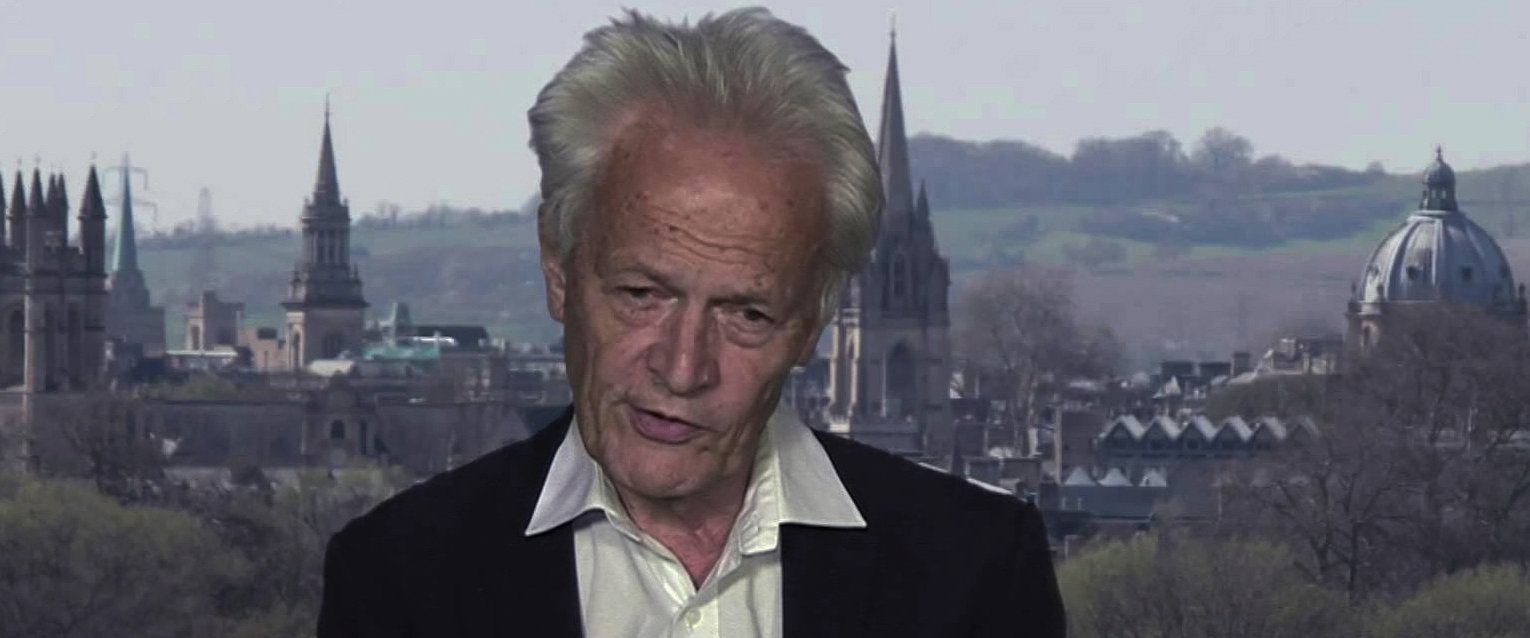
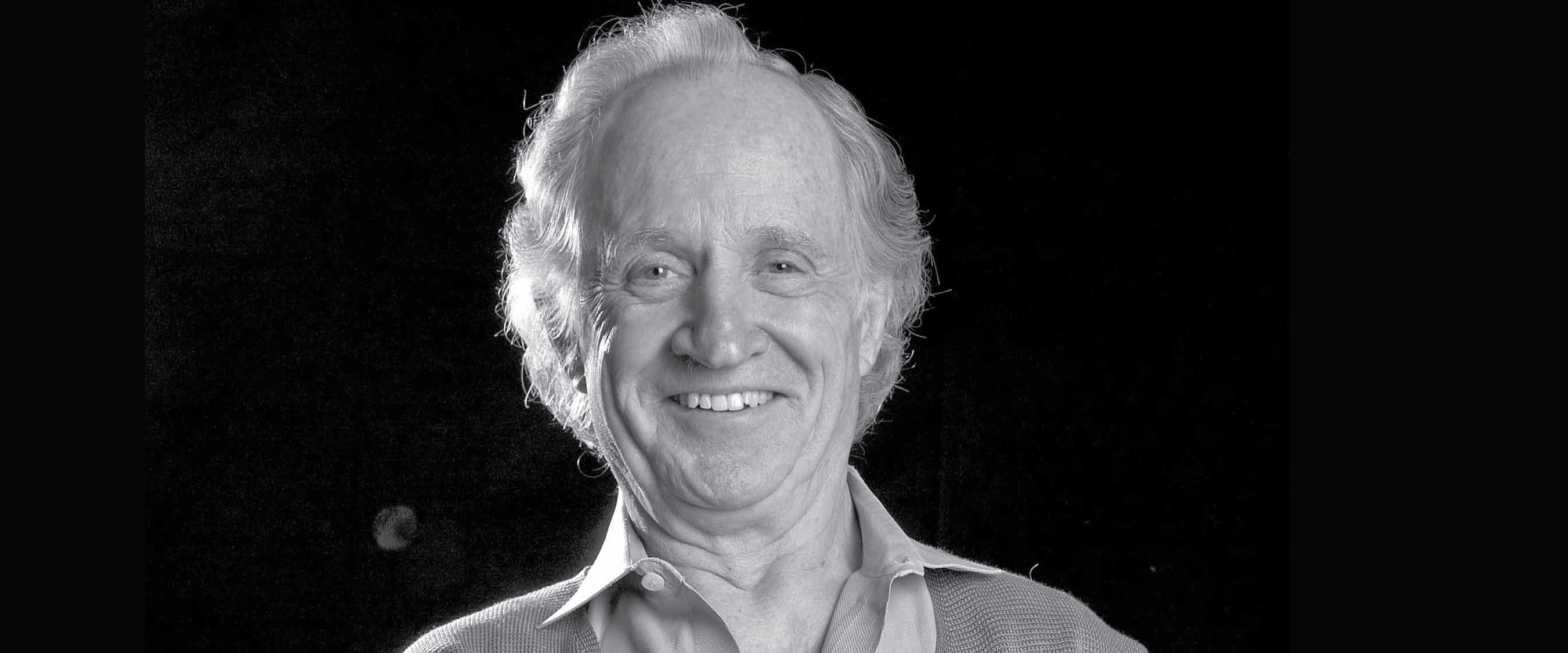
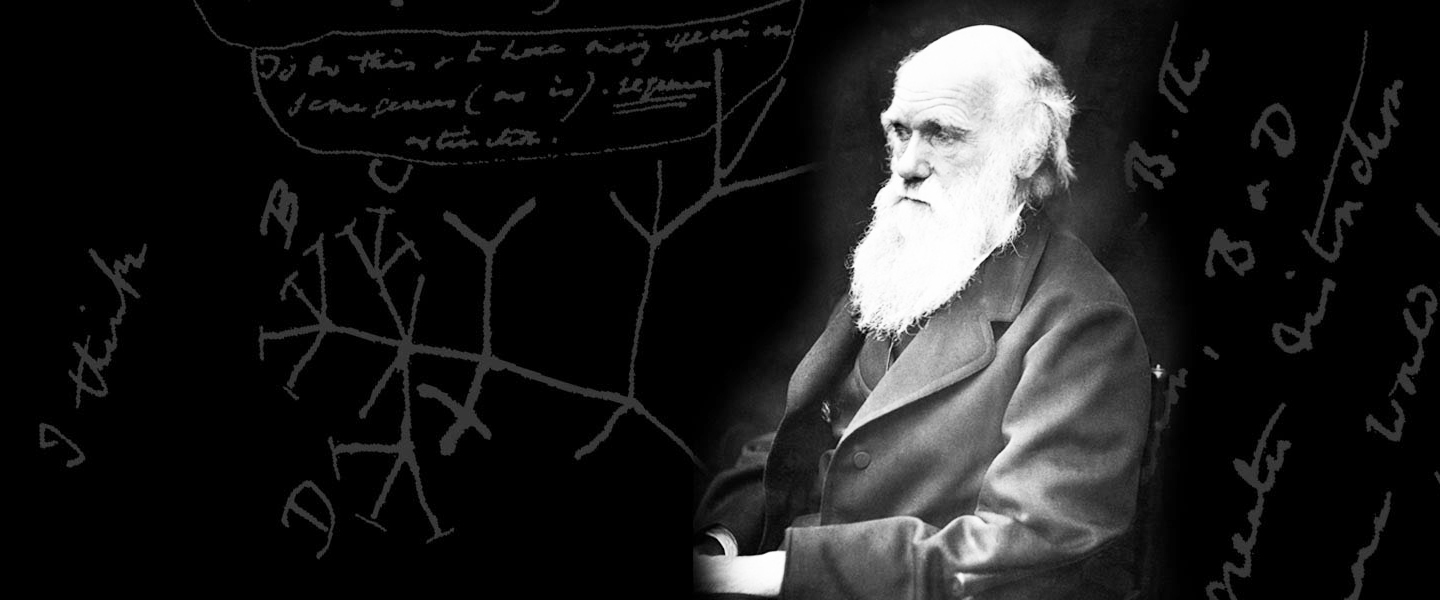



















 Articles
Articles